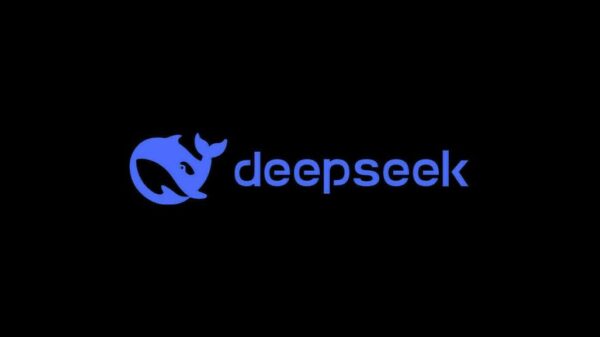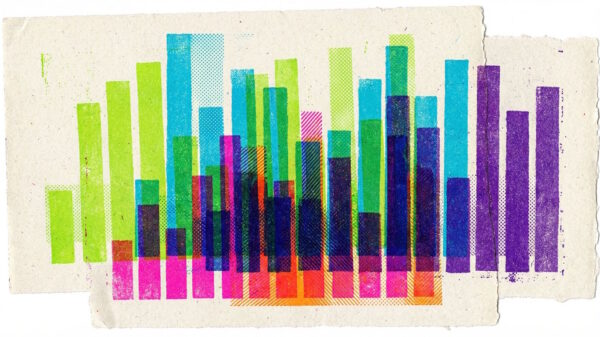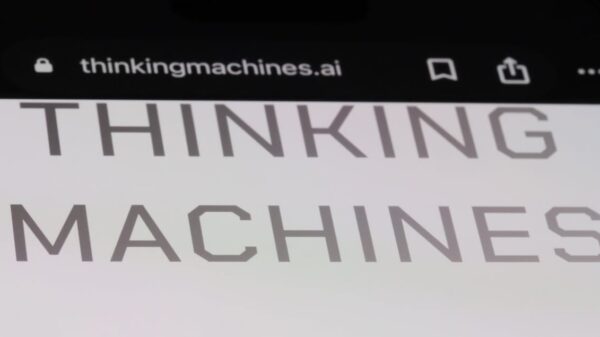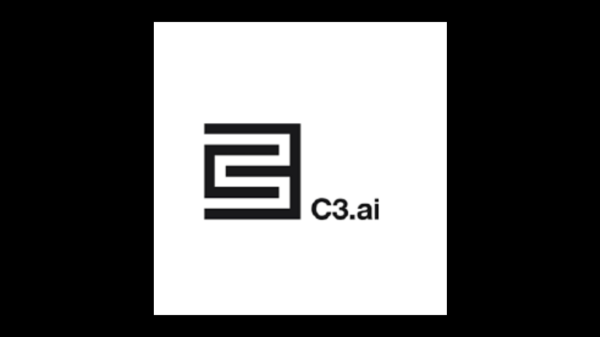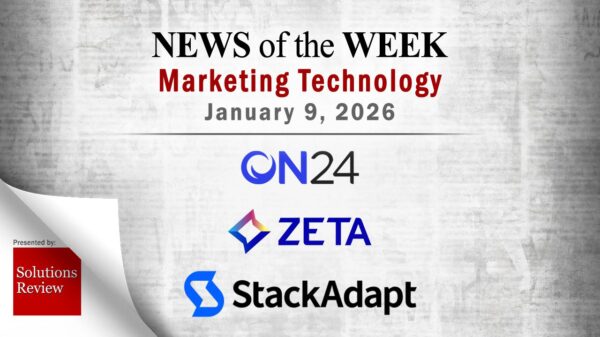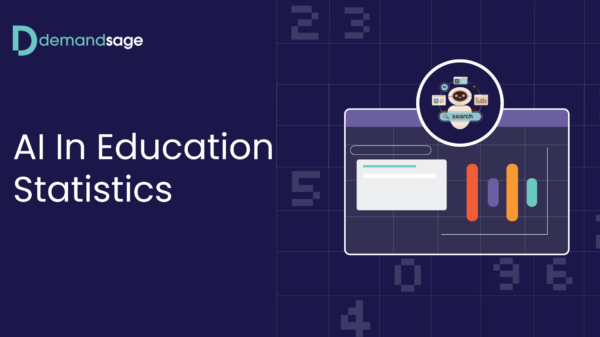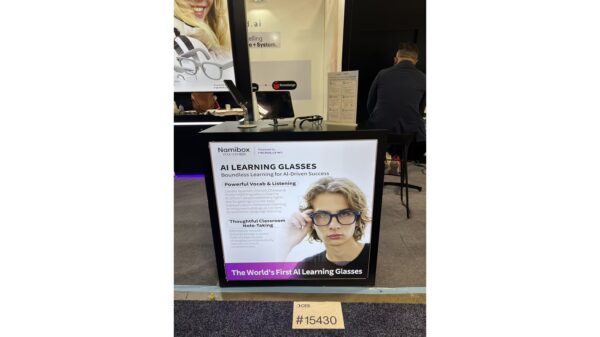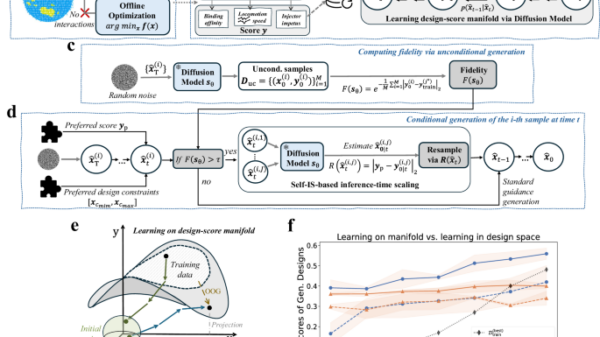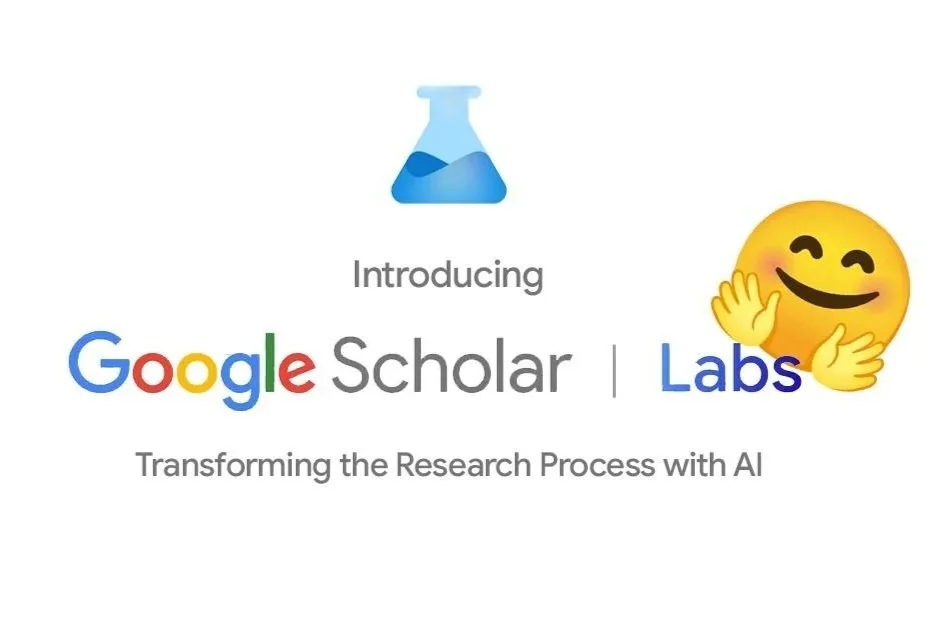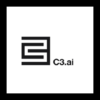Neil Hoyne, Chief Strategist at Google, has announced a new AI-powered feature for Google Scholar, the company’s academic search platform designed for researchers seeking peer-reviewed papers, theses, and scholarly literature across various disciplines. The tool, termed Scholar Labs, aims to enhance the research experience by leveraging AI to interpret detailed research questions, identify relevant themes, and match them to indexed papers on Google Scholar.
In a recent LinkedIn post, Hoyne explained that Scholar Labs can analyze user queries to discern key topics, aspects, and relationships, enabling it to conduct a comprehensive search across the Google Scholar database. This tool not only identifies relevant papers but also evaluates which publications best address the user’s overall research question.
Hoyne emphasized that Scholar Labs utilizes AI to clarify how specific papers contribute to answering the user’s query. Users can engage with the tool interactively, refining or adding nuances to their questions. Currently, the feature supports English-language queries and requires users to be logged into their accounts.
Key Details
According to Google’s announcement, Scholar Labs provides a list of relevant papers accompanied by concise explanations detailing why each result is pertinent. This functionality is particularly beneficial for researchers tackling complex issues that necessitate multi-step evaluations rather than simplistic keyword searches.
To support its experimental phase, Scholar Labs is being rolled out to a limited number of users, allowing Google to gather feedback and performance insights. Interested users who do not yet have access can register for a waitlist to gain early entry into the feature.
Hoyne encouraged researchers to explore the available demos and offer feedback as Google continues to refine the tool. He concluded his post by inviting users to register for the waitlist and engage with the initial demos, reinforcing the company’s commitment to iterative development based on user input.
Industry Impact
The introduction of Scholar Labs aligns with a growing trend in the AI industry, where advanced algorithms are increasingly used to enhance academic research and literature discovery. By moving beyond traditional keyword searches, such tools promise to facilitate more efficient navigation through the vast and often overwhelming body of academic work available online.
This development could significantly alter how researchers approach literature searches, making it easier to identify high-quality sources that address intricate questions. Moreover, as the demand for AI-driven solutions in academia continues to rise, tools like Scholar Labs may set a precedent for future innovations aimed at improving research methodologies.
As AI technologies evolve, they present opportunities for deeper and more nuanced analysis of existing literature, enabling researchers to extract insights that may have previously gone unnoticed. This evolution is particularly relevant in interdisciplinary fields where thematic connections across diverse research areas are essential.
While Scholar Labs is currently available only to a select group, its eventual rollout could democratize access to sophisticated research tools, bridging gaps in knowledge and fostering collaboration across disciplines.
In conclusion, Google Scholar’s Scholar Labs represents a significant step forward in the integration of AI within academic research platforms, offering a glimpse into how technology can transform literature discovery and improve the research process for academics worldwide.
See also Grok AI’s Controversial Responses Highlight Risks of Chatbot Bias, Says Musk
Grok AI’s Controversial Responses Highlight Risks of Chatbot Bias, Says Musk UC San Diego’s AI Wearable Patch Enables Real-Time Robot Control in Chaotic Environments
UC San Diego’s AI Wearable Patch Enables Real-Time Robot Control in Chaotic Environments OneStream Partners with Microsoft to Integrate AI Financial Analysis into 365 Tools
OneStream Partners with Microsoft to Integrate AI Financial Analysis into 365 Tools AI-Driven Model Accurately Predicts Hypoglycemia in Hospitalized Type 2 Diabetes Patients
AI-Driven Model Accurately Predicts Hypoglycemia in Hospitalized Type 2 Diabetes Patients Anthropic Launches Claude Use Case Library for Practical Generative AI Tasks
Anthropic Launches Claude Use Case Library for Practical Generative AI Tasks




